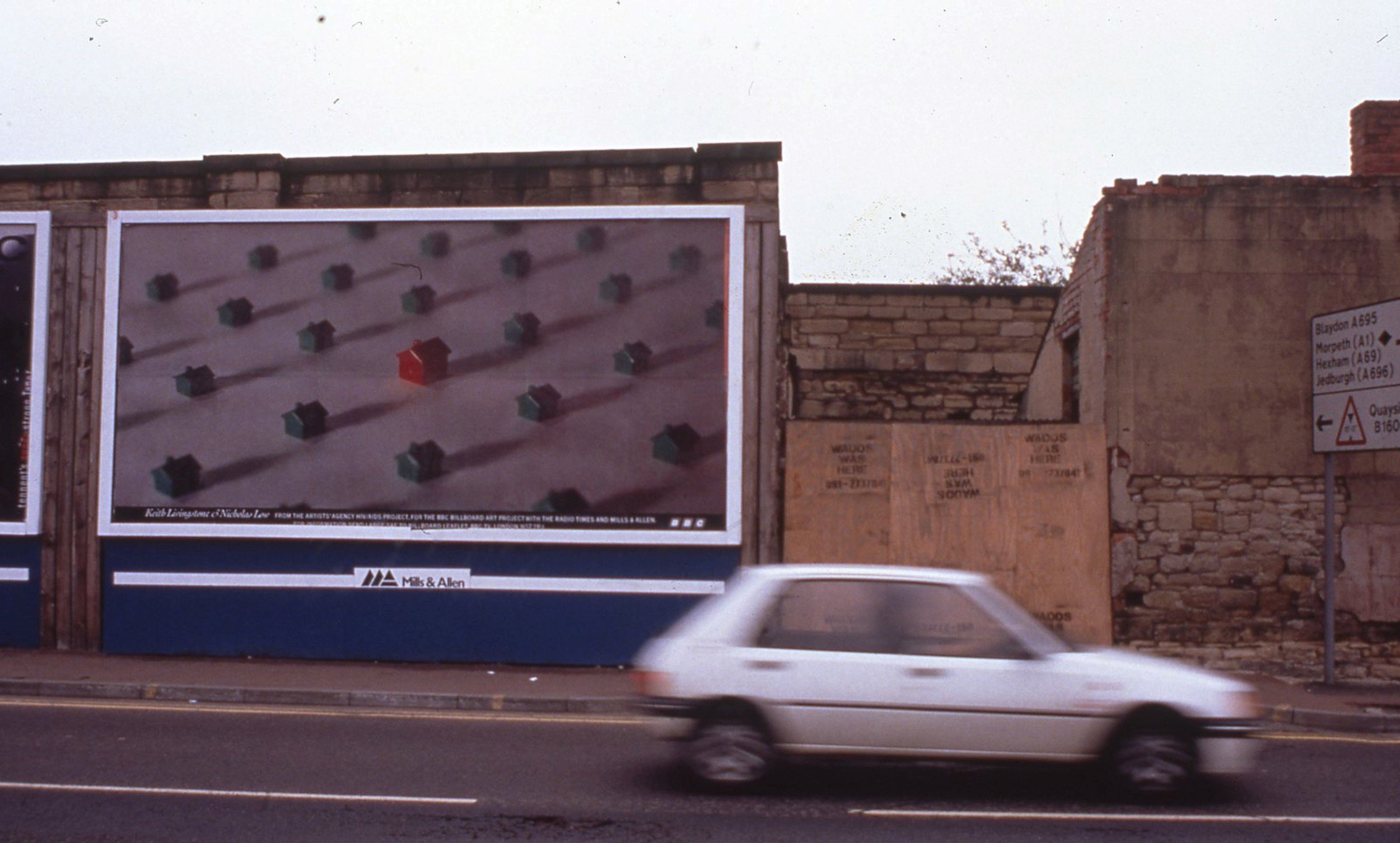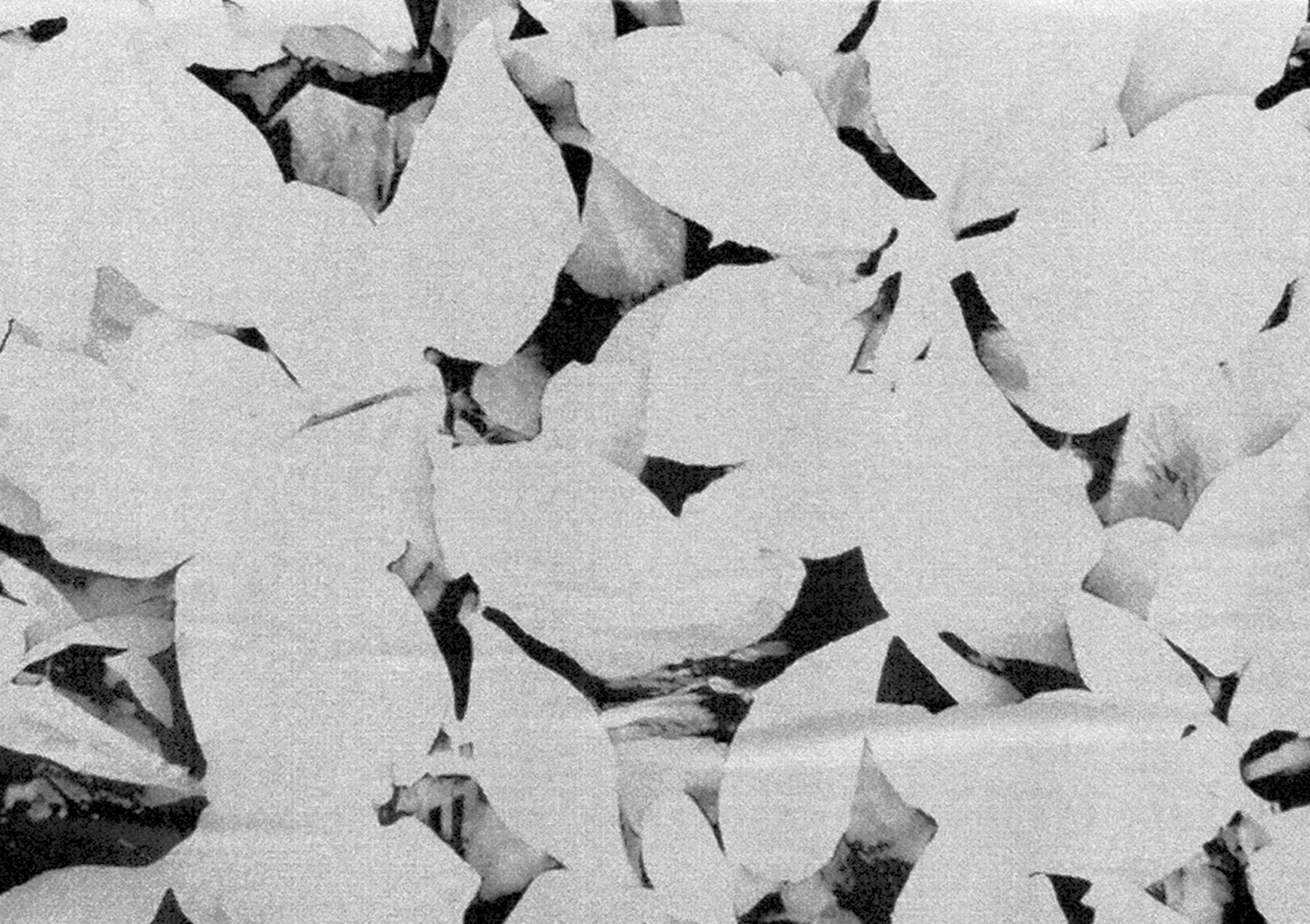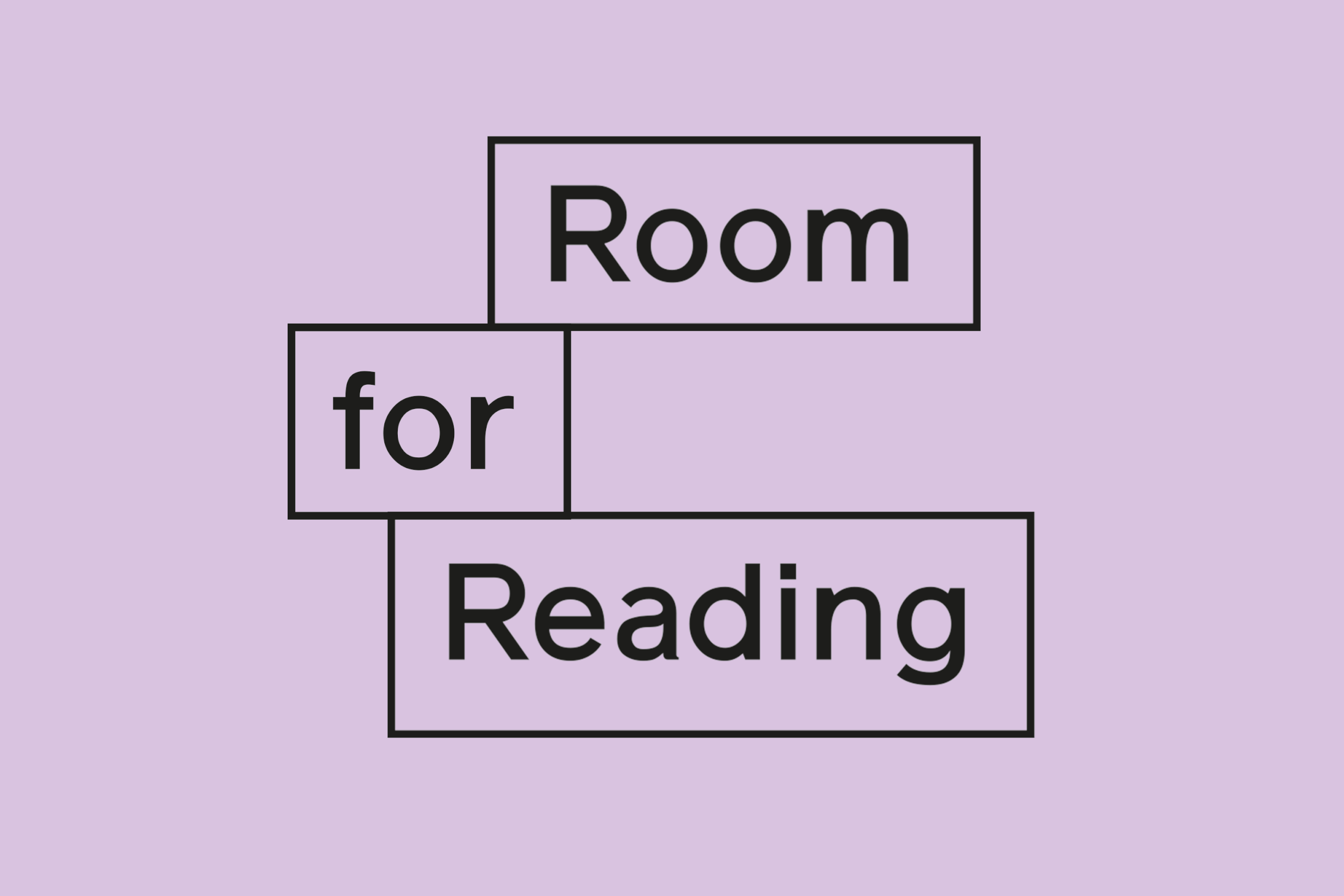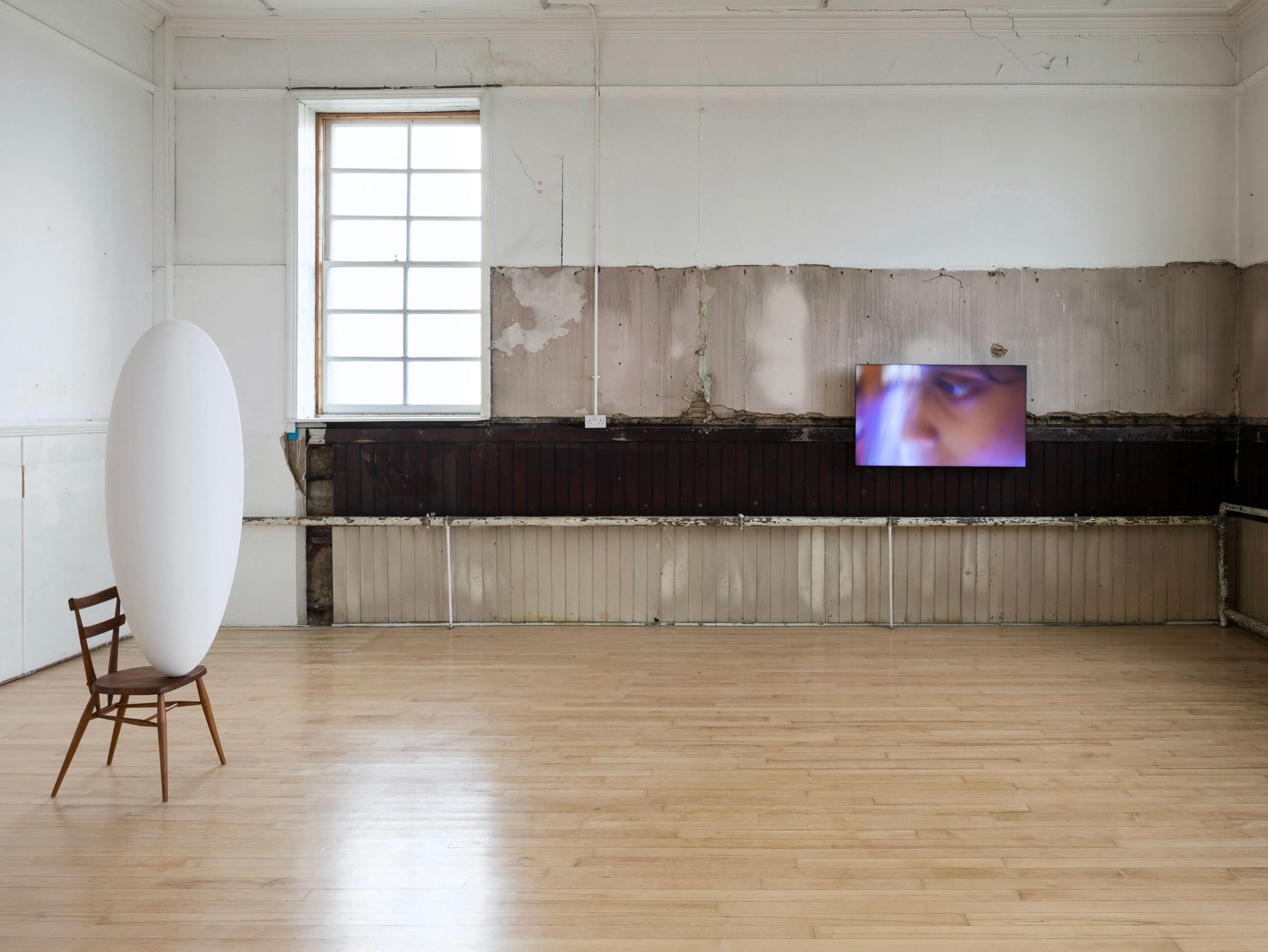Image: Photograph produced in a Living Proof workshop by Keith Livingstone and Nicholas Lowe, shown here in Newcastle as part of the Mills and Allen, BBC, and Radio Times Billboard Project, May 1992. Photo: Keith Pattison.
‘Imagining a City’ is a series of events developed by Laura Guy as part of the research project ‘Remapping the ‘City of Culture’ through LGBTQ+ Cultural Production', supported by Glasgow School of Art.
'Imagining a City’ looks back across two decades of queer and trans cultural activity in Glasgow from 1980 to 2000, a period bookended by the Sexual Offences Act 1980 (which partially decriminalised homosexuality in 1981), and the repeal of Section 28 (2A in Scotland) in 2000, three years before England and Wales. Marking the midway point between these dates is Glasgow’s designation as European Capital of Culture in 1990, a pivotal moment in the city’s history, which instigated a period of confident, culture-driven regeneration, and shaped the character of the city’s civic identity.
Guy’s research reexamines this period of cultural growth through the lens of concurrent queer and trans cultural production. Much of this activity deployed arts and culture to respond directly to the onset of crises surrounding HIV and AIDS, and advocated for the needs and rights of the LGBTQ+ community.
Guy is working with invited collaborators who include artist and researcher Steven Grainger, Senior Lecturer in Art History at Newcastle University Fiona Anderson, curator and writer Taylor Le Melle, and researcher, writer and artist Evelyn Whorrall-Campbell to bring this material into conversation with the present, exploring current queer and trans infrastructure, self-organising and its impact on contemporary civic identities.
Image: Steven Grainger, Detail from ‘Power from Things Not Declared’ (2025).
With The Common Guild, ‘Imagining a City’ unfolds initially through a closed discursive session in December 2024 with Fiona Anderson, Taylor Le Melle, Evelyn Whorrall-Campbell, who respond to the idea of queer and trans infrastructure through discussion of their own research and practice alongside invited participants. Through provocations focusing on archives of HIV/AIDS cultural production in the North East of England (Fiona Anderson), practices of building just infrastructure in the arts (Taylor Le Melle) and trans political horizons through returns to the1990s (Evelyn Whorrall-Campbell), the informal group discussion will reflect on how infrastructure limits, is worked into, and is reimagined through queer and trans practice.
A public session, ‘Inventing vocabularies’ with Laura Guy and Steven Grainger, will follow on 27 February 2025. In parallel, Grainger’s site-specific poster project ‘Power from Things Not Declared’ which maps significant locations in Glasgow’s queer cultural history will be situated across the city from 27 February – 27 March. Finally, a display of ephemera, archival material and selection of publications that trace queer and trans interventions within Glasgow’s public realm will be presented in The Common Guild library from 27 February – 27 March.
Contributors
Laura Guy is a Reader in Gender, Sexuality and Culture at the Glasgow School of Art. She is editor of Phyllis Christopher’s artist monograph Dark Room: San Francisco Sex and Politics, 1988-2003 (Book Works, 2022) and co-editor, with Glyn Davis, of Queer Print in Europe (Bloomsbury, 2022). With Fiona Anderson, Flora Dunster and Theo Gordon, she is co-editor of a special issue of British Art Studies dedicated to ‘Queer Art in Britain since the 1980s’ (Spring, 2025). Between 2023-24, she was the project lead for ‘Remapping the ‘City of Culture’ through LGBTQ+ Cultural Production’.
Fiona Anderson is an art historian based in the Fine Art department at Newcastle University. Her work explores queer art histories from the 1970s to the present, particularly in the context of the ongoing HIV/AIDS epidemic and in relation to preservation and archiving practices, in the USA and Europe. She is the author of Cruising the Dead River: David Wojnarowicz and New York’s Ruined Waterfront (University of Chicago Press, 2019). Her writing has also been published in Third Text, Journal of American Studies, and Oxford Art Journal. From 2016-2019, she was UK lead for Cruising the Seventies: Unearthing Pre-HIV/AIDS Queer Sexual Cultures (CRUSEV), a collaborative research project which explored and reconstructed aspects of LGBTQ+ social and sexual cultures of the 1970s and examined their significance for LGBTQ+ people, queer organising, and queer artmaking across Europe in the present and future.
Taylor Le Melle works as a curator (of sorts) and certainly as a writer of ante-modern and anti-modern criticism; off-kilter catalog essays and more artistic subgenres of fiction; as an editor and publisher of several collections of science fantasy, theory and poetry; as a researcher into plants, property and physical experience — bodies, the social kind with reluctance, and the flesh kind with enthusiasm — cultivating perception and proprioception through experimentation. Taylor Le Melle is one of several co-directors of London-based workers cooperative not/nowhere, whose primary occupation is with building a just infrastructure for artistic practice via the circulation and distribution of 8mm and 16mm moving image formats. Previous presentations include: Deviant Research, Van Abbe Museum (cur. Yolande van der Heide, N Aikens); Research Fellowship (org. F Dodzan/A Groten), Sandberg Instituut; Amant Foundation Residency, Brooklyn (cur. J Berrios); Text Exercises, Felix Gaudlitz, Vienna (cur. Richard Birkett); Wysing Arts Centre, Cambridge (cur. Amanprit Sandhu). Recent Writing: Anthea Hamilton: Mash Up, Triangle Books; Otobong Nkanga: Unearthed, Kunsthaus Bregenz; Renee Green: Inevitable Distances, Hatje Cantz; DNA6: Carrier Bag Fiction, Spector.
Evelyn Whorrall-Campbell is a researcher, writer and artist. They completed their PhD in Film and Screen Studies at the University of Cambridge in 2024, with a thesis on British trans cultural production and trans theory in the 1990s. In 2024-25 they are a Postdoctoral Fellow at The Institute for Advanced Studies in the Humanities at the University of Edinburgh. Their PhD combined historical and theoretical approaches to demarcate this as a period of radical practice and epistemic change, and to argue that the difficulty of thinking trans in the present originates with the political horizons of the 1990s. Informed by their creative work, Evelyn’s research attempts to develop strategies of trans theorising and practice that challenge the foreclosure of gender transition as material reality. Their writing has been published or is forthcoming in British Art Studies, world picture journal, Art Monthly, and Cambridge Literary Review, amongst others. Evelyn is also the author of Memoirs of a Child Plot Hole: How to Escape Yourself Without Even Trying, a work of experimental fiction published in 2022 by Sticky Fingers Publishing. Their work has been shown, performed, read at TACO!, Kaunas Artists’ House, Auto Italia, Kupfer Project and Kingsgate Project Space.
Further Info
‘Imagining a City’ is supported by a Carnegie Research Incentive Grant and by the Glasgow School of Art as part of the research project ‘Remapping the ‘City of Culture’ through LGBTQ+ Cultural Production’.
Event Details
Steven Grainger – ‘Power from Things Not Declared’ –
27 February – 27 March
A site-specific poster project mapping significant locations in Glasgow’s queer cultural history over a twenty-year period.
‘Inventing Vocabularies’ –
Library Session took place on 27 February 2025
About Library Sessions
Centred around books, readings, discussion and the sharing of research, Library Sessions take place in TCG’s library space and include one-off sessions and events in series led by invited artists, writers, academics and researchers. Sessions might use the library as a catalyst, or contribute something new to be added to our evolving library collection.






